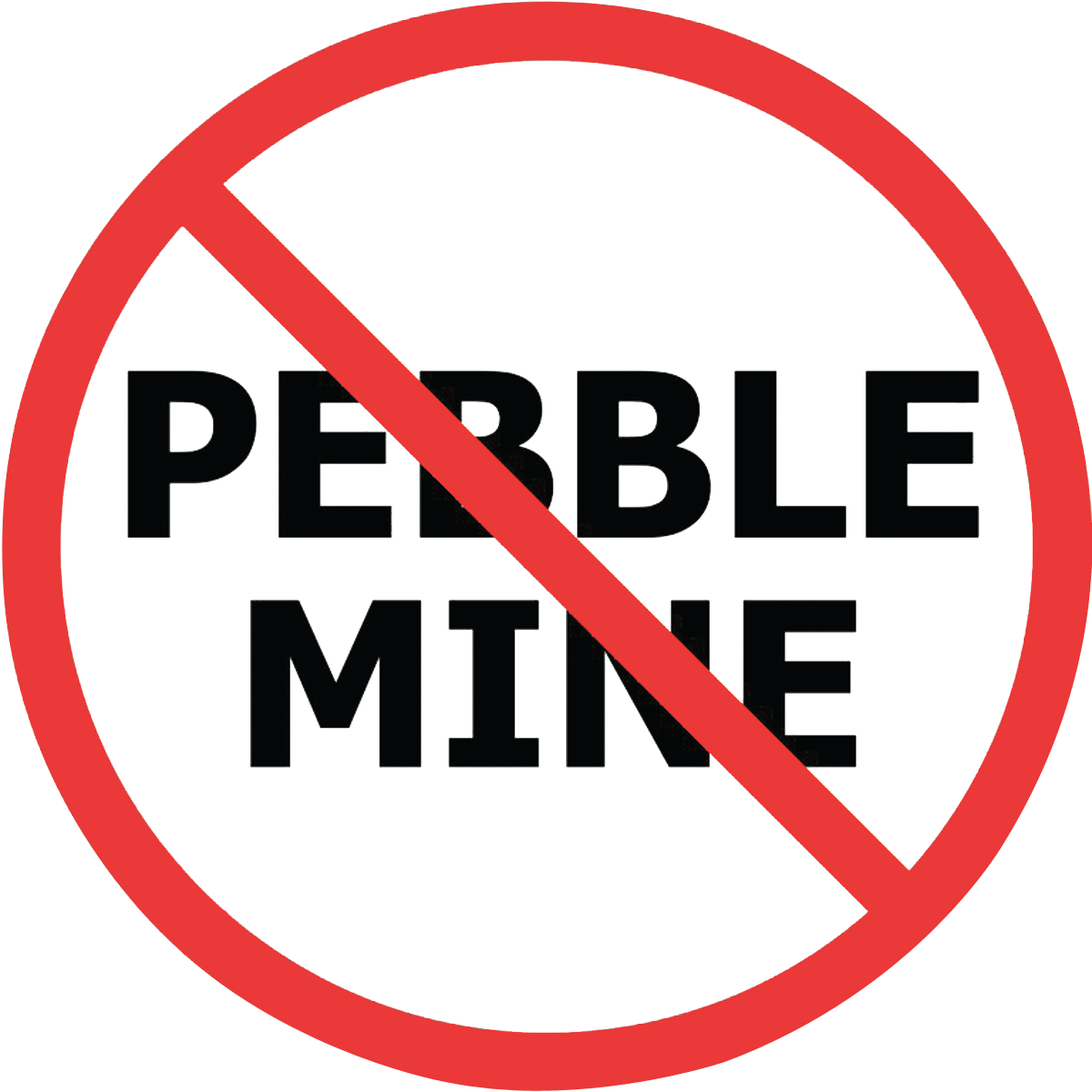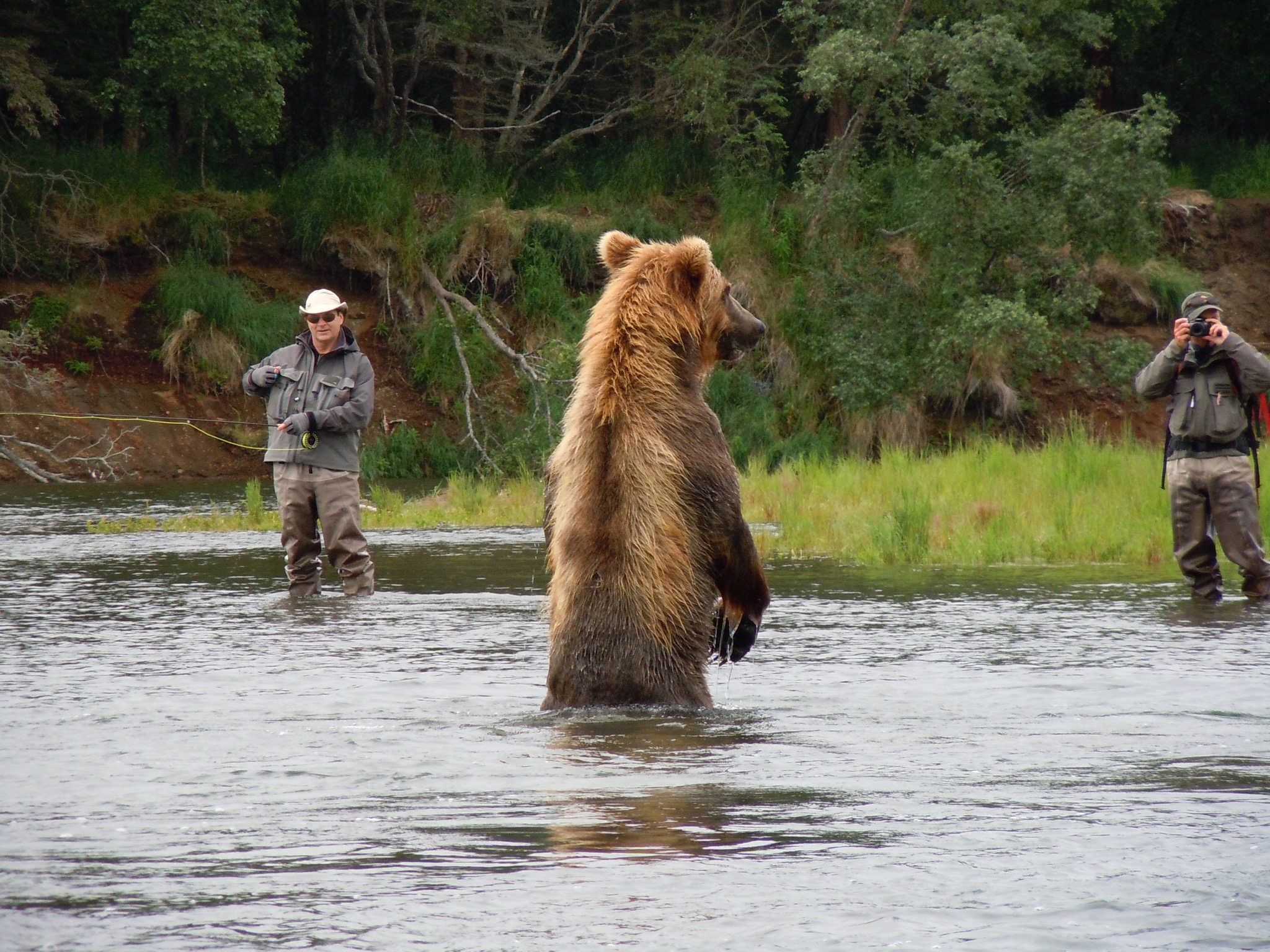Across the country, Americans are celebrating National Public Lands Month. Alaska’s vast network of public lands and waters provide incredible opportunities to hunt, fish, view wildlife, explore and see places that have been set aside for all Americans to enjoy.
North America’s largest open-pit copper and gold mine is slated to be developed on state land. Pebble would impact areas that were first and are currently owned by Alaska Natives, and land that is now owned by the American public.
According to a National Park Service economic analysis from 2011, Alaska tourism revolves around public lands, particularly national parks. The robust tourism economy is dependent on what researchers called the “Alaska difference,” which is the fact that we have large and intact ecosystems and an unmatched wilderness character. Pebble serves as a direct threat to both these defining attributes.
The proposed Pebble project infrastructure will impact various public land units in southwest and southcentral Alaska.
Here are a few examples of how the Pebble proposal threatens public lands in Bristol Bay and the Southcentral Alaska region.
Mine site. The proposed Pebble mine site sits between two national parks, Lake Clark (to the northeast) and Katmai (to the southwest). With both parks only being accessible by plane or boat, the mine site would destroy the wilderness aesthetic that defines this region and that tens of thousands of tourists seek to experience in their visits every year.
Transporation corridor. The private, 83-mile road is proposed to transport ore from the mine site to the shipment port. It would run directly adjacent to the McNeil River State Game Sanctuary. Home to the largest seasonal concentration of brown bears on the planet, fragmenting their habitat is incompatible with a unique bear population and being able to provide educational opportunities for viewers. Learn more about the McNeil River State Game Sanctuary and the impact Pebble will have on it.
Amakdedori Port. Adding a deepwater port in Kamishak Bay would bring infrastructure detrimental to the resources of nearby Alaska Maritime National Wildlife Refuge. Home to millions of seabirds, light pollution, fugitive dust and other pollution from transported ore would degrade the quality of habitat and disrupt thousands of nesting seabirds. In addition, Amakdedori port would be approximately 13 miles north of McNeil River Falls at McNeil River State Game Sanctuary, which is a world-famous brown bear viewing location.
When you plan a trip to your public lands to go bird viewing, you shouldn’t have to plan to tolerate the noise of industrial blasting. When you travel thousands of miles to view brown bears in their natural habitat (and pay a lot of money to get there), you shouldn’t see and hear diesel engines hauling dump-truckloads of mining waste. The buff you wear when you fish- it shouldn’t be to protect yourself from breathing in dust containing toxic metal blowing around the park.
Earlier this year, the State of Alaska, the EPA and the U.S. Department of Interior wrote scathing comments regarding the Army Corps of Engineers’ incomplete and inadequate analysis of the potential impacts of Pebble. Shining a spotlight on our Public Lands amplifies this - as impacts to public lands mentioned above were not accounted for, or briefly mentioned. Despite these comments, the U.S. Army Corps of Engineers continues its permitting review process for Pebble on the rushed timeline it set from day one.
As we recognize the importance of public lands this month, we ask everyone to write and call your Senators, and ask them to do everything in their power to stop Pebble.
Protected public lands, especially in Bristol Bay, support the ecosystems that have defined Alaska Native cultures for generations, and that feed diverse and continuously growing economies. Pebble would benefit a few for a short amount of time. On the contrary, keeping the shared resources of the region healthy are a way Americans can collectively prosper forever.


